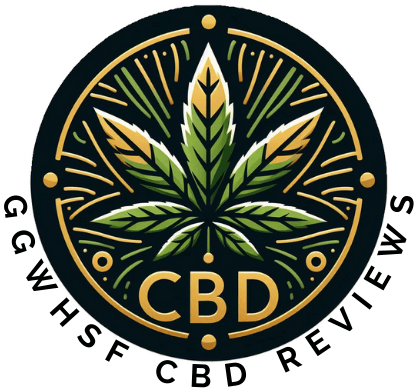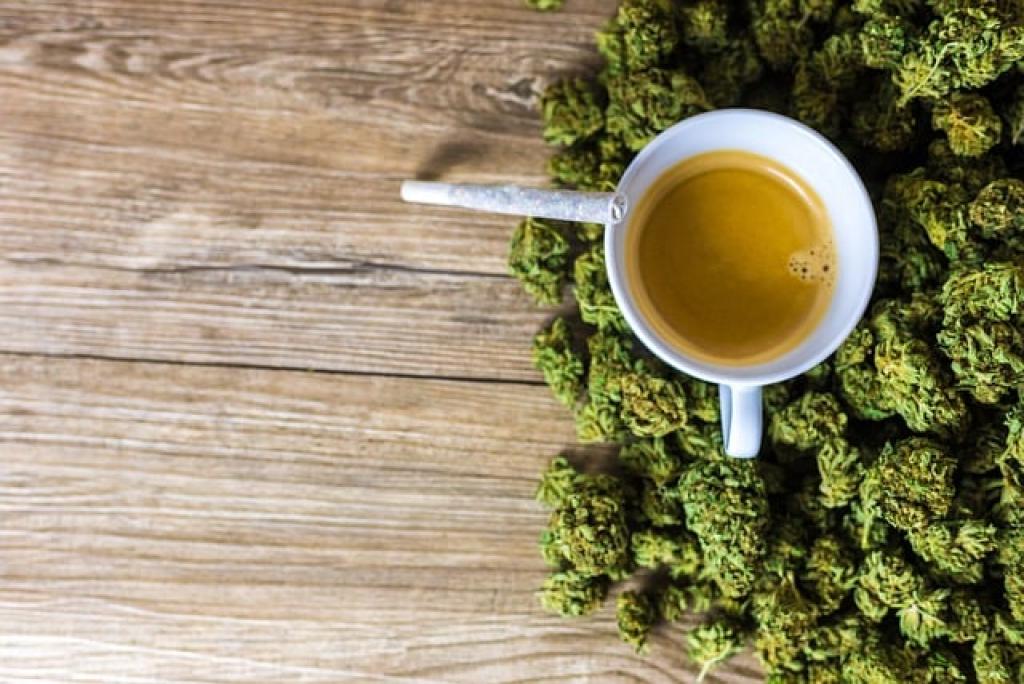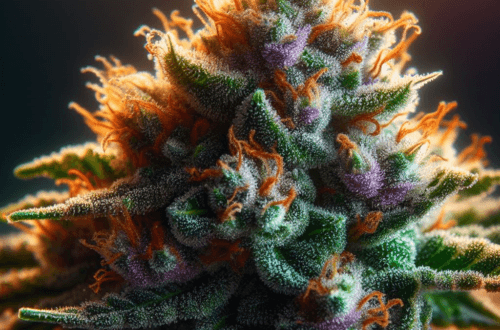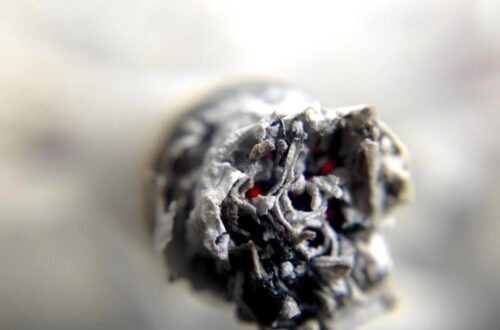Have you ever wondered if CBD can really help with athletic recovery? You’re not alone!
Many athletes swear by it, but is it all just hype, or is there real science backing up these claims?
In this blog post, we will delve into how CBD interacts with the body and why it might be beneficial for those tough post-workout aches and pains. We’ll explore the endocannabinoid system and its role in pain management, inflammation reduction, and overall recovery.
Get ready to find out if CBD can be your new best friend in athletic recovery!
The Benefits of CBD for Athletic Recovery
So, what makes CBD such a hot topic in athletic circles?
Pain Relief
First, let’s talk pain relief. CBD is known for its potential to ease pain and soreness. Whether it’s muscle strain from a hard workout or chronic pain from old injuries, many athletes find that CBD helps them feel better faster.
Inflammation Reduction
Next up, inflammation. After pushing your body to the limit, inflammation is a natural but annoying response. CBD’s anti-inflammatory properties can help lessen the swelling and discomfort, making it easier to get back to your routine.
Improved Sleep
Finally, don’t underestimate the power of a good night’s sleep. Quality sleep is crucial for recovery, and CBD is often used to improve sleep patterns. Better rest means quicker recovery and better performance.
How CBD Interacts with the Endocannabinoid System in Athletes
Ever wondered how CBD actually works in your body? It’s all about the endocannabinoid system (ECS). The ECS is like your body’s command center for maintaining balance, also known as homeostasis.
When you take CBD, it interacts with the ECS. Instead of binding directly to cannabinoid receptors, CBD influences these receptors indirectly. This can help regulate functions like pain perception, mood, and even immune response.
For athletes, this means CBD can support the body’s natural processes in dealing with the stress and strain of intense physical activity. By enhancing the ECS, CBD helps manage pain, reduce inflammation, and improve overall well-being.
So, in a nutshell, CBD supports your body’s own systems, helping you recover faster and perform better. It’s like giving your command center a little extra boost!
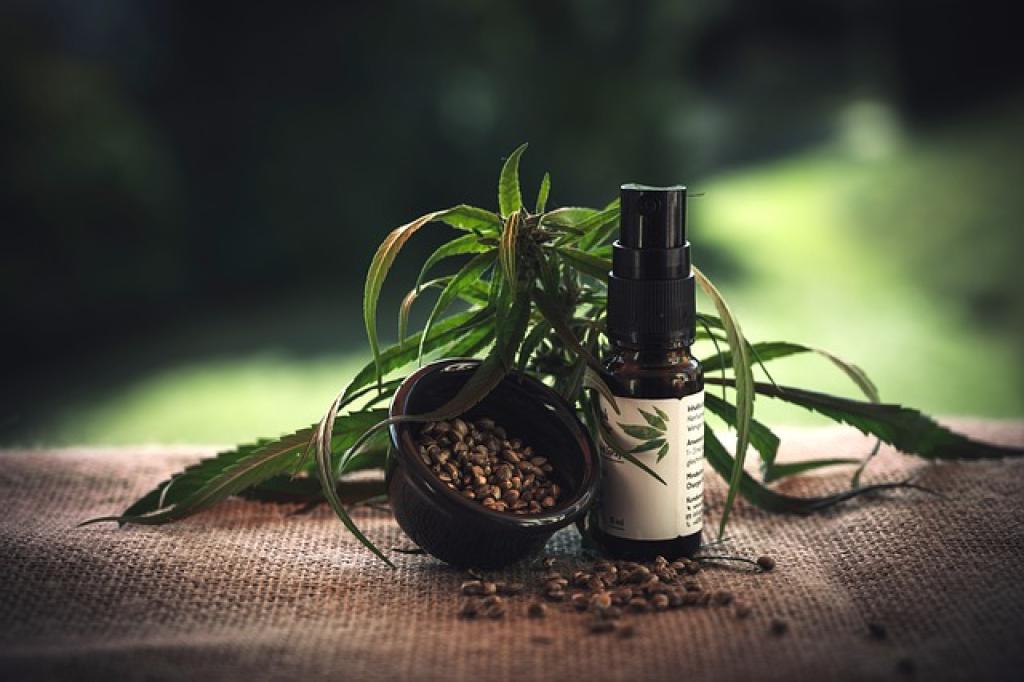
Maximizing Performance with CBD: Dosage and Timing
Alright, let’s talk about how to get the most out of CBD when you’re pushing your body to its limits.
First off, figuring out the right dosage is key. Start small and gradually increase your dosage to see what works best for you. Most athletes find that somewhere between 20-50mg per day does the trick, but everyone’s different.
Pre-Workout or Post-Workout?
Timing can also make a big difference. If you use CBD before your workout, it can help to keep inflammation and pain at bay, allowing you to focus better and perform at your peak. Taking CBD post-workout can aid in faster recovery, helping your muscles relax and reducing soreness.
Remember, consistency is important. Incorporate CBD into your daily routine for the best results, rather than only using it when you feel discomfort. Keep a log of how you feel at different dosages and times so you can tweak your intake for optimal results.
In short, listening to your body and paying attention to how CBD affects you can make a world of difference in your athletic performance and recovery.
Research on CBD’s Potential to Reduce Inflammation and Aid Muscle Recovery
There’s been a lot of buzz about CBD recently, and it’s not just hype. Scientists are diving in to see how this natural compound can help athletes.
Studies suggest that CBD has anti-inflammatory properties. This means it can reduce the swelling and discomfort we often feel after a tough workout. Lower inflammation means faster recovery, letting you get back to your routine quicker and stronger.
The Science Behind It
The intriguing part? CBD interacts with our endocannabinoid system (ECS), which plays a big role in how we regulate pain and inflammation. By influencing this system, CBD can actually calm down the body’s inflammatory response.
Some research also points out that CBD might help with muscle spasms and tension, making it a go-to for post-exercise relaxation. Athletes who use CBD regularly report less muscle soreness and overall better recovery times.
In sum, while more research is definitely needed, the early results are promising. CBD appears to be a natural helper in reducing inflammation and speeding up muscle recovery. So, if you’re looking for an edge in your training, CBD might be worth a try.
The Bottom Line on Incorporating CBD Into Your Athletic Recovery Routine
So, where does that leave us with CBD and athletic recovery? Well, it’s clear that CBD is making waves in the fitness world. Thanks to its potential benefits in reducing inflammation, easing muscle soreness, and promoting faster recovery, many athletes are giving it a shot.
Adding CBD to your routine might seem like a big step, but it doesn’t have to be complicated. Start small with products like CBD oil, capsules, or topical creams. Pay attention to how your body responds and adjust as needed. The key here is to find what works best for you.
One of the great advantages of CBD is its versatility. Whether you prefer a morning drop in your smoothie or a soothing balm after an intense workout, there’s something for everyone. Plus, with the growing variety of products on the market, it’s easier than ever to find high-quality options.
Of course, it’s always a good idea to talk to a healthcare professional before starting any new supplement regimen. They can help ensure that CBD won’t interfere with any existing conditions or medications you might be taking.
In summary, CBD offers a promising, natural approach to enhancing your recovery routine. While more research is still needed to fully understand all its benefits, many athletes are already reaping the rewards. It might just be the recovery boost you’ve been looking for.
Remember, your body works hard for you, so giving it the care it deserves can lead to better performance and overall well-being. Happy training!
